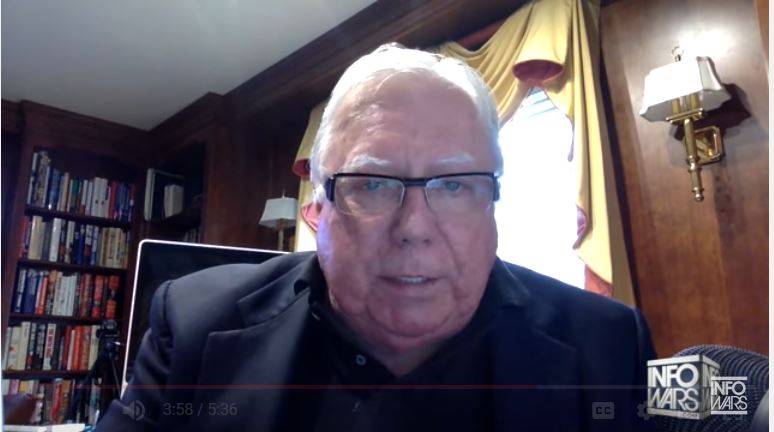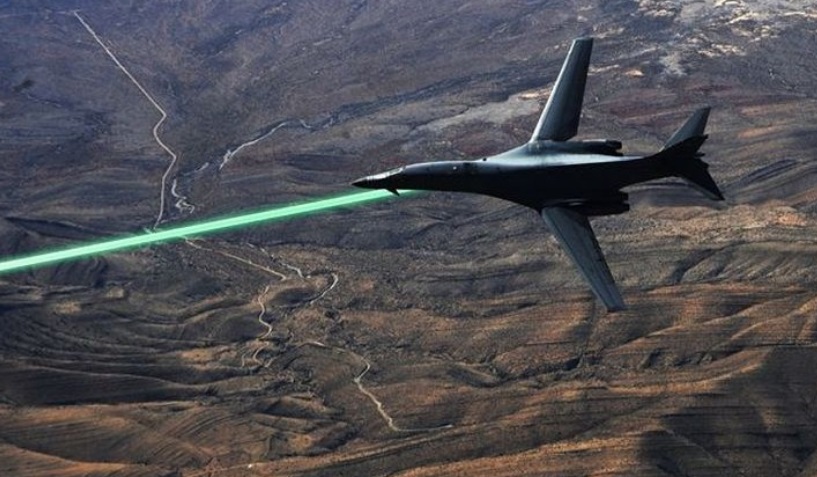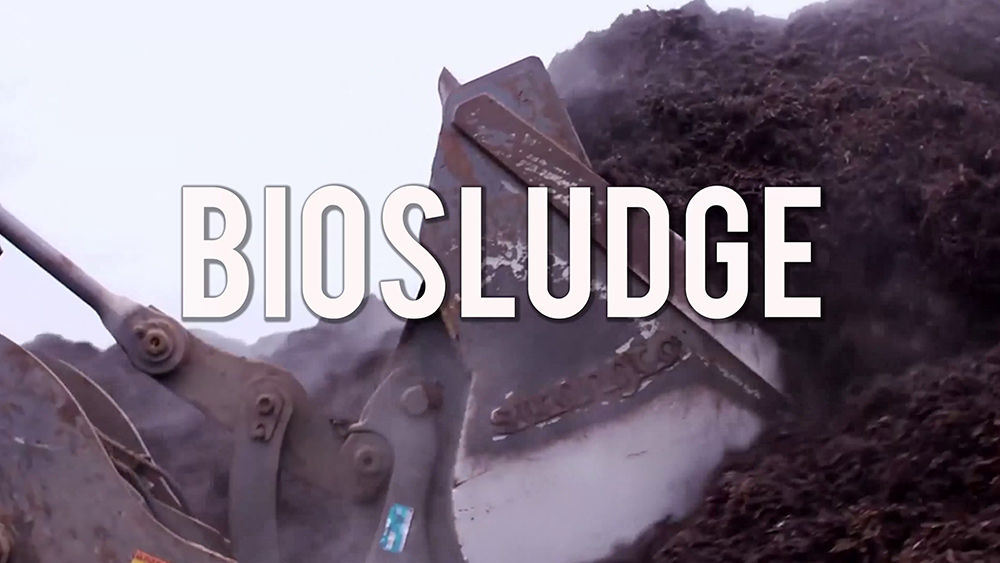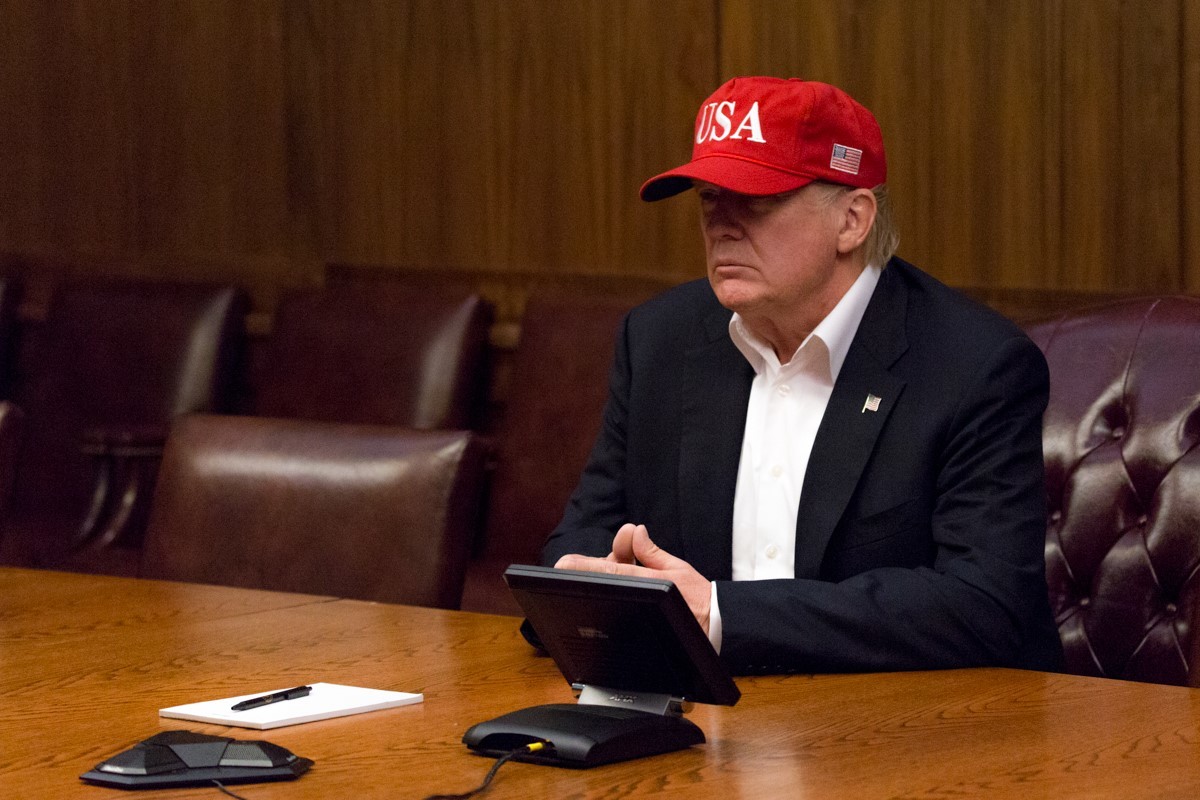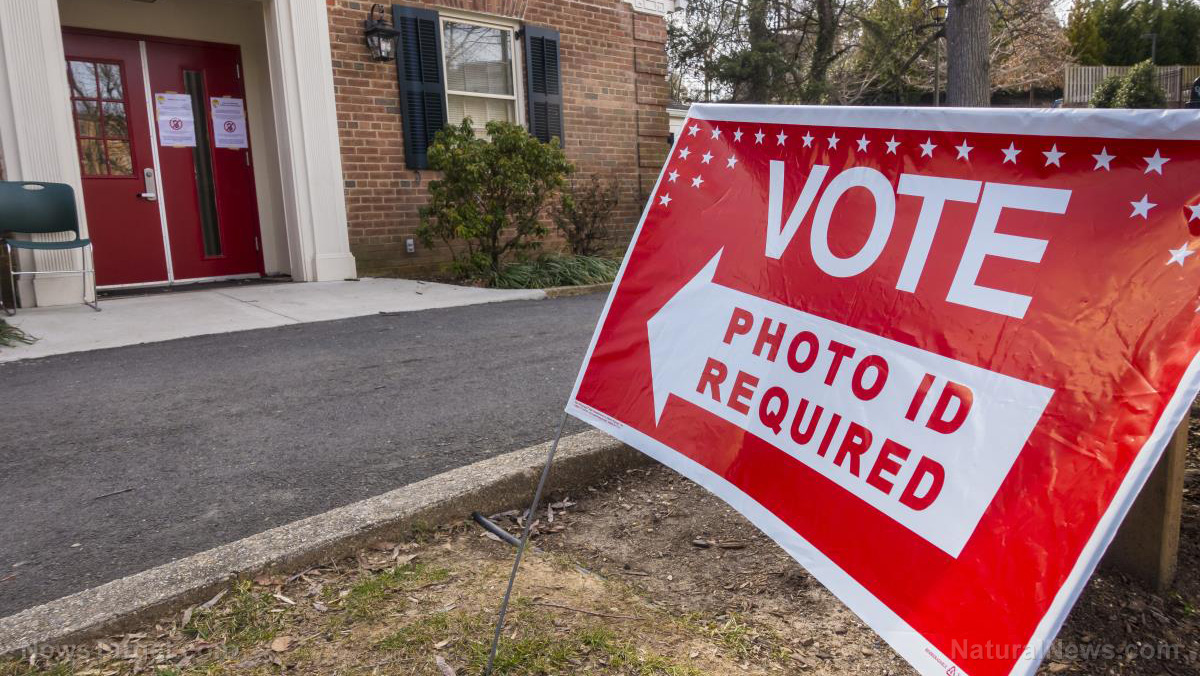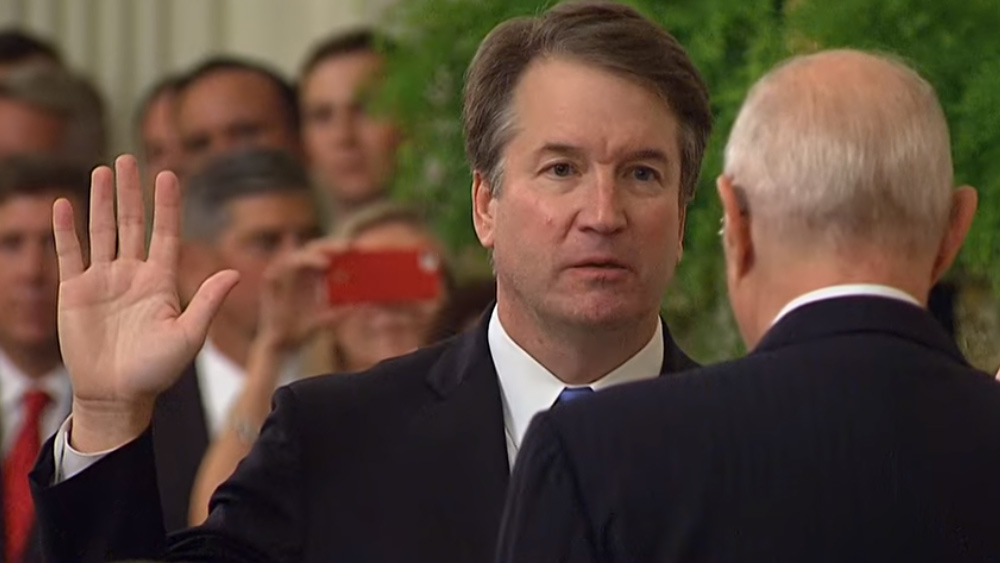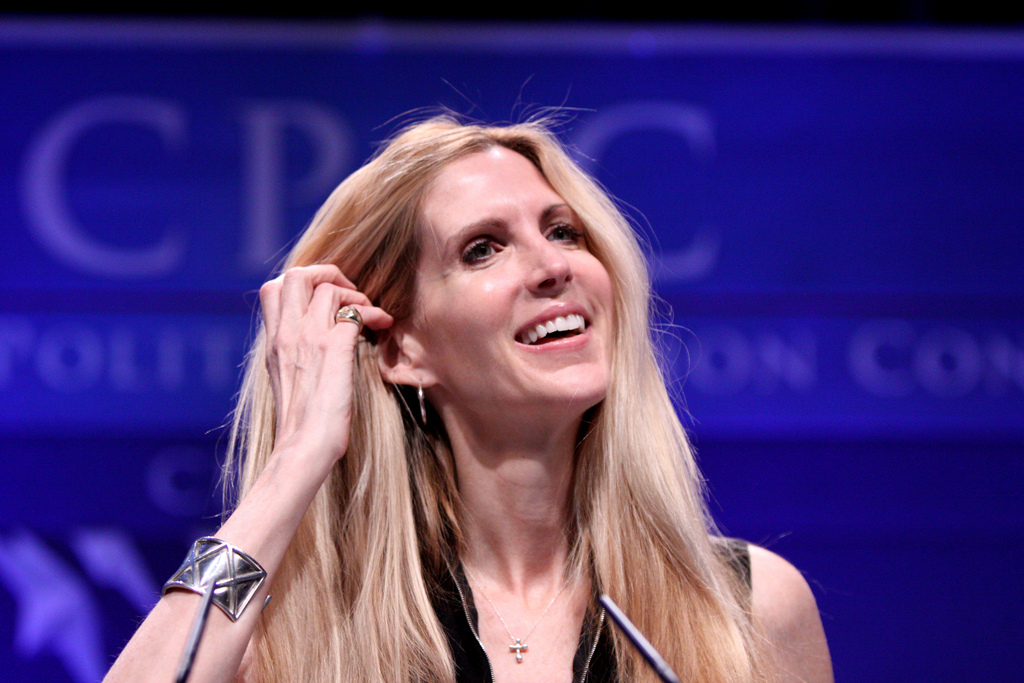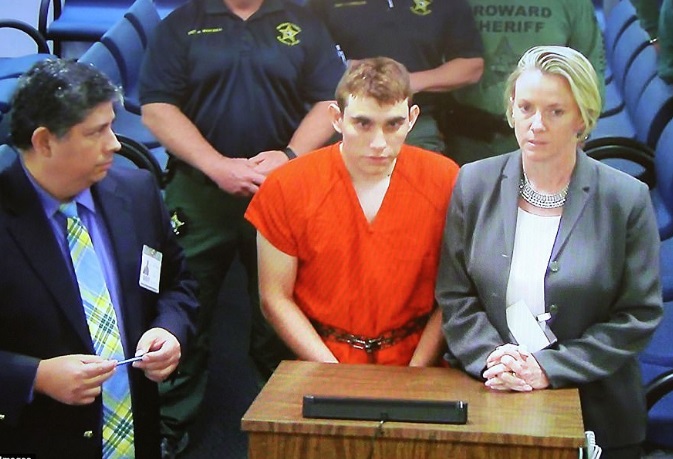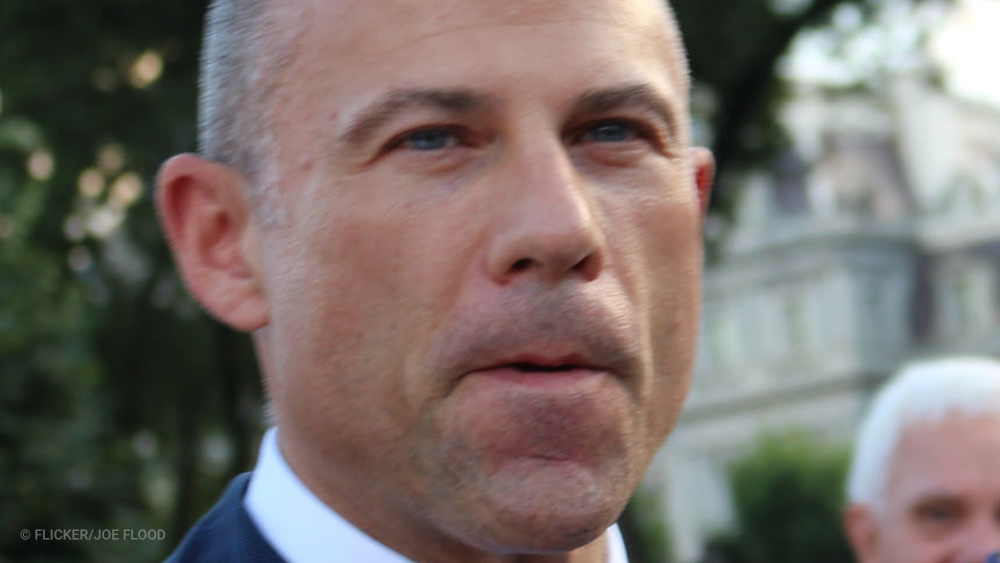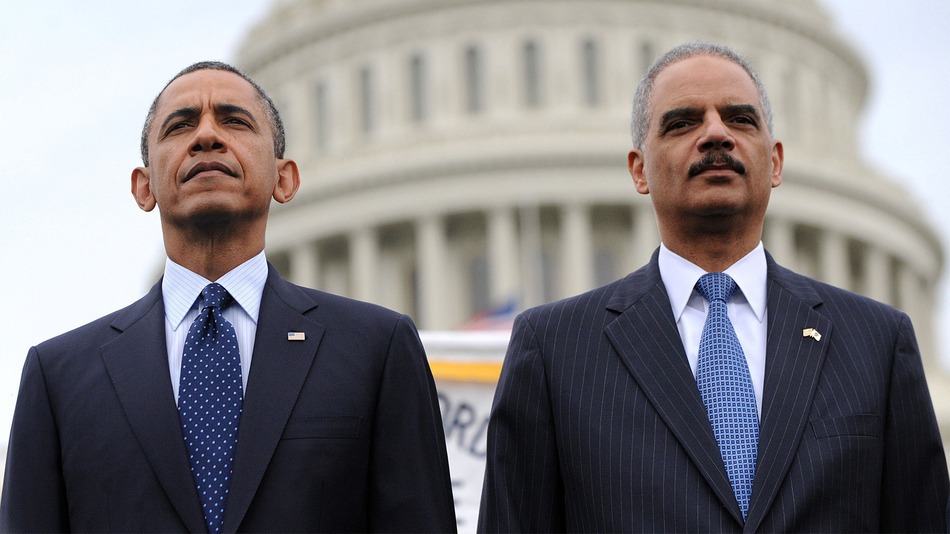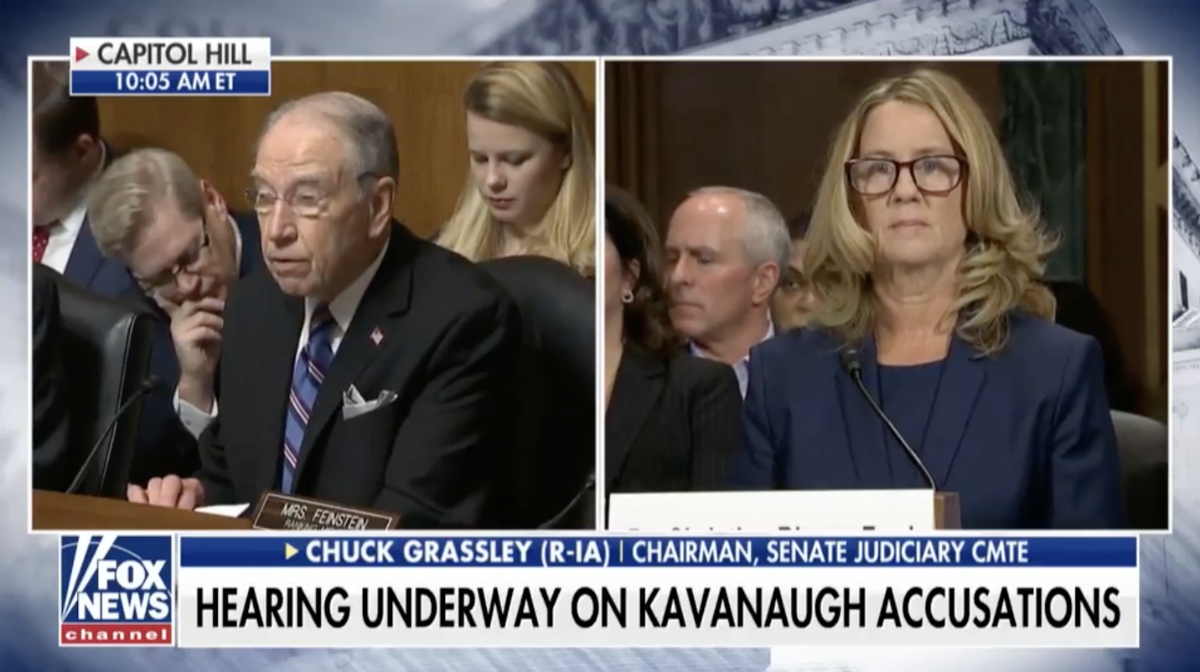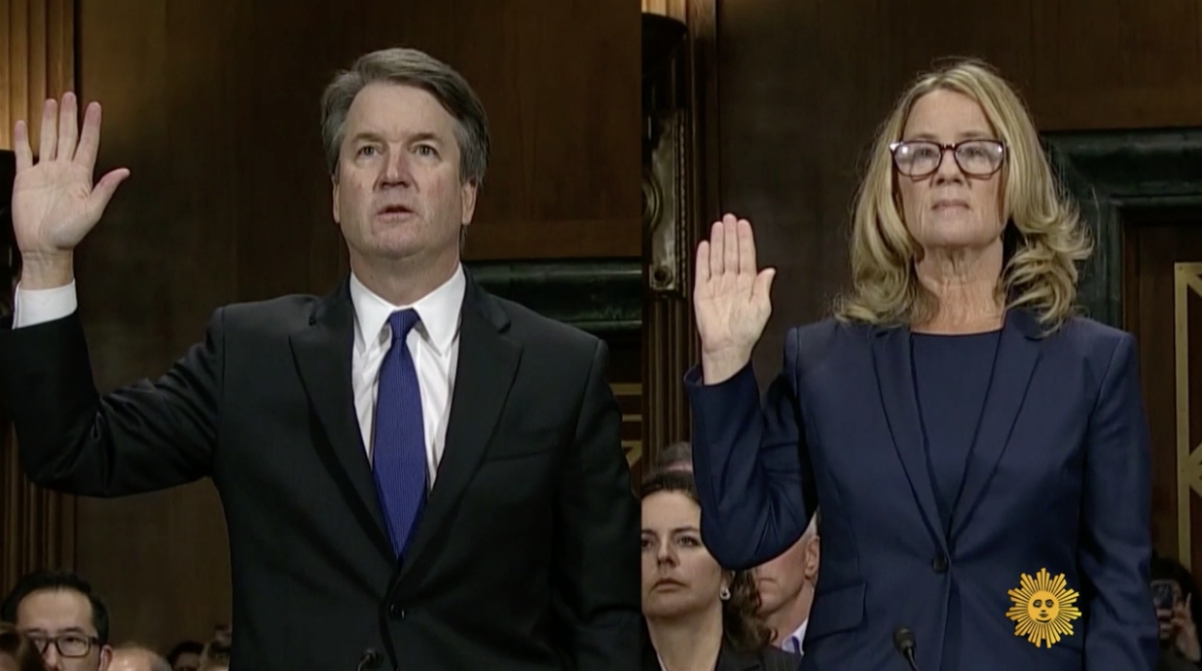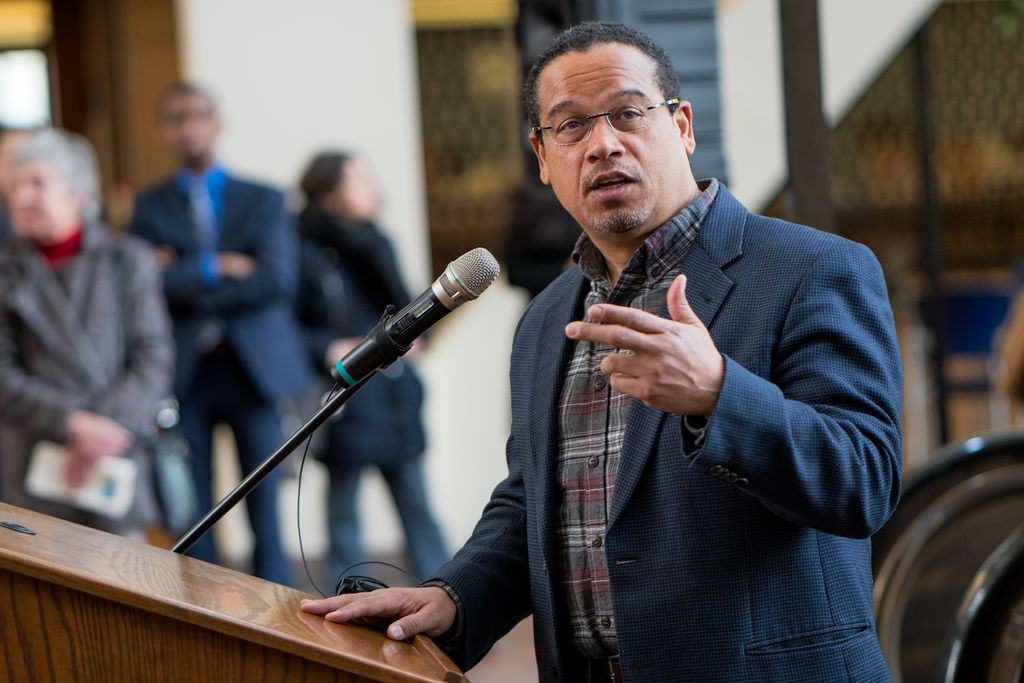Electric cars, “sustainability,” and other city folk ideologies are a clean energy MYTH – watch at Brighteon.com
10/21/2018 / By Ethan Huff

Big-government leftists, many of whom live in large cities, are known to tout their electric and hybrid vehicles, social activism, and other “sustainable” lifestyle habits as helping to “save the planet.” But much of what far-left liberals love to brag about concerning their alleged support of clean energy and environmental conservation are empty myths that have no basis in reality.
During a recent episode of his Health Ranger Report show, available for viewing at Brighteon.com, Mike Adams, the Health Ranger, punches a few big holes in popular liberal mantras that, upon closer investigation, represent little more than “fake news” from the usual suspects involved with the liberal mob.
“People who live in cities think of electric cars as being ‘clean,’ but really they just export pollution to rural areas outside the cities,” Adams points out, reducing the “I’m better than you because I drive a Prius” crowd to logical rubble.
“What powers an electric car? Well, you might think batteries. Okay. But let’s take it one step further here. What powers the batteries? Where does that electricity come from? Predominantly it comes from coal-fired power plants, which are located outside the cities. And those coal plants, of course, emit some amount of mercury and heavy metals, and they emit carbon dioxide, of course, and particulate pollutants, which then settle on farm lands and forests and rural areas.”
Watch this full episode of the Health Ranger Report at Brighteon.com below:
City people, regardless of how “liberal” they are, represent the world’s biggest polluters
Almost everything about city life in 2018, Adams points out, is far more polluting than activist liberals would have us all believe. Even if every single “gas-guzzling” automobile was pulled from the road and replaced with a Tesla, there’s still pollution being distributed somewhere.
“If you have a city where, let’s say, you don’t even have combustion engines any longer for regular vehicles, all you’re doing is you’re taking that pollution that used to exist in the city, coming out of the tailpipes, and now you’re pushing that pollution out into the countryside,” says Adams.
“And that’s not the first time that cities have done that. They also do the same thing with sewage: it’s called bio-sludge. So all that sewage that people flush down their toilets in the city, that ends up spread as ‘fertilizer’ on farms in the countryside.”
It’s a completely unsustainable and unethical situation that ends up leaving all the pollution at the doorsteps of people who live in the country, even as their city folk counterparts revel in feelings of superiority for supposedly taking the moral “high ground” by living “sustainably.”
“Cities … they are polluters, they export pollution to surrounding areas,” Adams states.
“They steal resources from the countryside as well – many cities have to steal water from rural areas in order to provide enough water for the city. So they’re taking in water and they’re stealing resources from the countryside while exporting their pollution back to the countryside.”
In Adams’ view, country folk are the truly sustainable ones, at least when they’re not dumping harmful pesticides and herbicides all over their crops. Their septic systems, as opposed to city sewer systems, are better for the environment, and many of them grow their own food, collect their own rainwater, and all-around treat the environment better than the average city person.
“People who live in cities like to talk about ‘sustainable living’ and ‘green living’ and ‘environmental consciousness,’ but they don’t realize that the very fact that they’re living in a city is environmentally disastrous and completely unsustainable because they’re just polluting the world with their feces and with their electrical usage, which is much higher, per capita, in a city than it is in a rural environment, by the way,” explains Adams.
“Rural living is sustainable. In rural environments, you can collect your own rainwater, you can throw some solar panels on the roof … or maybe you can go off-grid, even. You can grow some of your own food.”
Be sure to watch this full episode of the Health Ranger Report at Brighteon.com.
Sources for this article include:
Tagged Under: automobiles, batteries, big cities, bio-sludge, cars, cities, Clean Energy, coal, electric cars, environ, environment, environmental consciousness, feces, green living, hybrids, immoral, Leftists, Liberal Mob, liberals, lifestyle, myth, Prius, science clowns, science myths, sustainability, sustainable, sustainable living, toxins, unethical, waste

